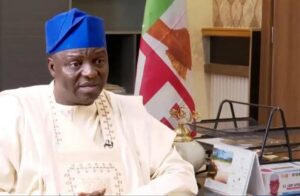
National Chairman APC
Abdullahi Ganduje’s resignation as National Chairman of the APC on June 27, 2025, came as a surprise to many. However, sources close to the matter claimed that Ganduje’s exit was not without controversy. Allegations of corruption, internal party conflicts, legal battles including a Kano state High Court order restraining him from parading himself as an APC Chairman and questions over his leadership style are said to have contributed to his decision to step down.
Ganduje’s tenure was said to be marred by controversy, including the allegations of financial impropriety with acusations of excessive financial demands on aspirants and mismanagement of party funds.
There were growing dissatisfaction within the party, particularly after the APC north-east delegates meeting in Gombe state on June 15, 2025, where the APC National Vice Chairman for the North-East, Mustapha Salihu endorsed President Tinubu for a second term but omitted Vice President Kashim Shettima’s name, sparking outrage among party stakeholders which was later followed by Ganduje when he took the stage and also endorsed President Tinubu without mentioning Vice President Shettima that further created tensions.
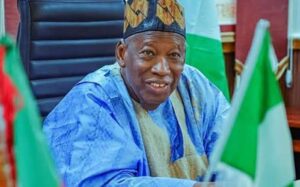
Former Chairman of APC
The situation grew violent, and security operatives present at the venue of the meeting had to escort both Salihu and Ganduje out of the meeting to forstal physical scuffles.
Consequently, other notable members who attended the meeting at a subsequent meeting endorsed the Tinubu-Shettima ticket. They include Governors Babagana Zulum of Borno, Mai Mala Buni of Yobe and Inuwa Yahaya of Gombe States as well as Ali Bukar Dalori, the party’s Deputy National Chairman North
This development then revealed serious internal party tensions that could affect the party’s outing in the race towards 2027..
Although before Ganduje’s resignation, they noted that there were efforts to remove him, led by the North-Central APC Forum which demanded that the position be zoned to the North-Central region and in spite of receiving backing from some North-Central stakeholders to continue as APC national chairman, Ganduje ultimately stepped down.
Immediately, several prominent figures in the APC were mentioned as potential successors to him. They included Abdullahi Umar , Ganduje’s Deputy who some speculated would be the natural choice to succeed him.
Other party leaders, which included Senator Mohammed Musa Sani(313) and ex-Nasarawa State Governor Tanko Al-Makura, former ministers and senators, were also mentioned as potential candidates.
However, among these array of contenders Professor Nentawe Yilwatda ultimately emerged victorious as his successor (Ganduje). The emergence of Yilwatda as the new National Chairman of the All Progressives Congress (APC) through a consensus-driven process can be attributed to some key factors such as regional agitation, strategic consensus, President Bola Tinubu’s support, zoning arrangement, qualifications and experience as well as religious balancing.
Regional Agitation:
The North-Central APC Forum had been agitating for the return of the National Chairmanship position to the region for over two years, citing fairness and equity. This collective effort and pressure might have likely played a significant role in Yilwatda’s emergence.
Strategic Consensus
Yilwatda’s selection is attributed to a strategic consensus among party stakeholders, with sources indicating that his emergence was a result of intense lobbying by North-Central stakeholders who insisted the region should not be short changed again.
President Tinubu’s backing of Yilwatda’s candidacy was crucial, as evident from the late-night meeting between Tinubu and APC governors that led to Yilwatda’s nomination..
Zoning Arrangement::
The new national chairman’s emergence aligns with the party’s zoning arrangement, which allocated the national chairmanship seat to the North-Central geopolitical zone aimed at solidifying the position of APC ahead of 2027 elections.
Qualifications and Experience:
Yilwatda’s impressive background, including his academic and political experience, it was gathered played a major role to his selection which Niger state Governor Mohammed Umar Bago attested to in his congratulatory message. Aside that, the new national chairman has served as a university don, Resident Electoral Commissioner, Minister of Humanitarian Affairs, as well as coordinator of the Tinubu/Shettima Campaign Organisation in Plateau State.
Religious Balancing:
Yilwatda’s Christian faith may have also been a factor, given the Muslim-Muslim ticket of the President and Vice President, potentially helping the party project inclusivity and appeal to a broader voter base. His selection is also viewed in some quarters as a “strategic political calculation” ahead of the 2027 presidential election, aimed at re-solidifying the APC’s fortunes in the region and attracting votes from the northern Christian population.
These factors combined to make Yilwatda the consensus nominee to lead the APC, succeeding Abdullahi Ganduje. His emergence has been met with jubilation in Plateau State, where he hails from and congratulatory messages from various stakeholders, including Governor Hyacinth Alia of Benue State, Governor Mohammed Umar Bago, Senator Muhammed Bima Enagi, Hon. Haruna Abubakar Arafat Magaji and Speaker Mudashiru Obasa of the Lagos State House of Assembly and Governor Lucky Aiyedatiwa of Ondo State.
Others are Gombe State Governor Muhammadu Inuwa Yahaya, Former Senate President Ahmad Lawan, Katsina State Governor, Dikko Umaru Radda, the North-Central APC Forum who all praised Yilwatda’s leadership qualities among others.
Challenges Ahead of 2027
However, his selection has sparked varied reactions. To win the 2027 general elections, political analysts noted that the new APC national chairman will have to contend with significant challenges, especially within the party and will need to focus on some strategic areas such as
Party Unity:
The APC needs to heal its internal wounds. Reconciling internal differences especially with aggrieved party members across the country and presenting a united front will be essential for electoral success ahead in the 2027 general elections.
Effective Leadership: They noted that the new National Chairman must demonstrate strong leadership skills and the ability to navigate complex internal dynamics.
Strategic Planning:
Developing a comprehensive strategy for the 2027 elections, including candidate selection, campaign messaging, and voter mobilization, will be critical for the party.
Engagement with Key Stakeholders:
This area, political observers claimed building relationships with key stakeholders, including party members, supporters, and the broader electorates, will be vital for winning elections. Also, Prof Nentawe Yilwatda’s will be expected to address allegations of impropriety by working to restore public trust and credibility in the party.
Another important area, is addressing Socio-Economic Challenges: The party must demonstrate its commitment to tackle the biting socio-economic challenges facing the country, which include poverty, insecurity, and infrastructure development among other areas.
By focusing on these key areas, they pointed out that the APC can strategically position itself for success in
the 2027 general elections and beyond.

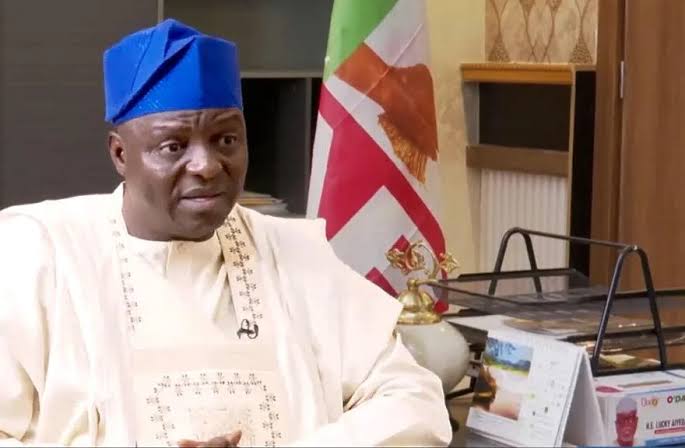
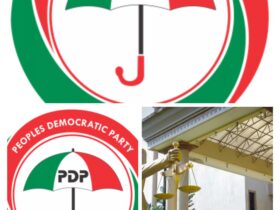
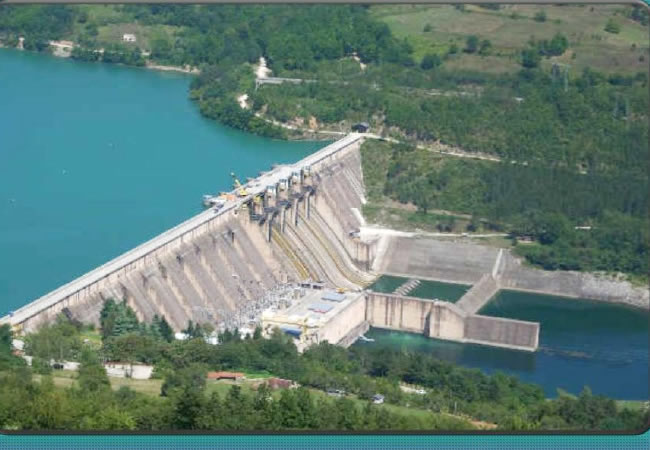
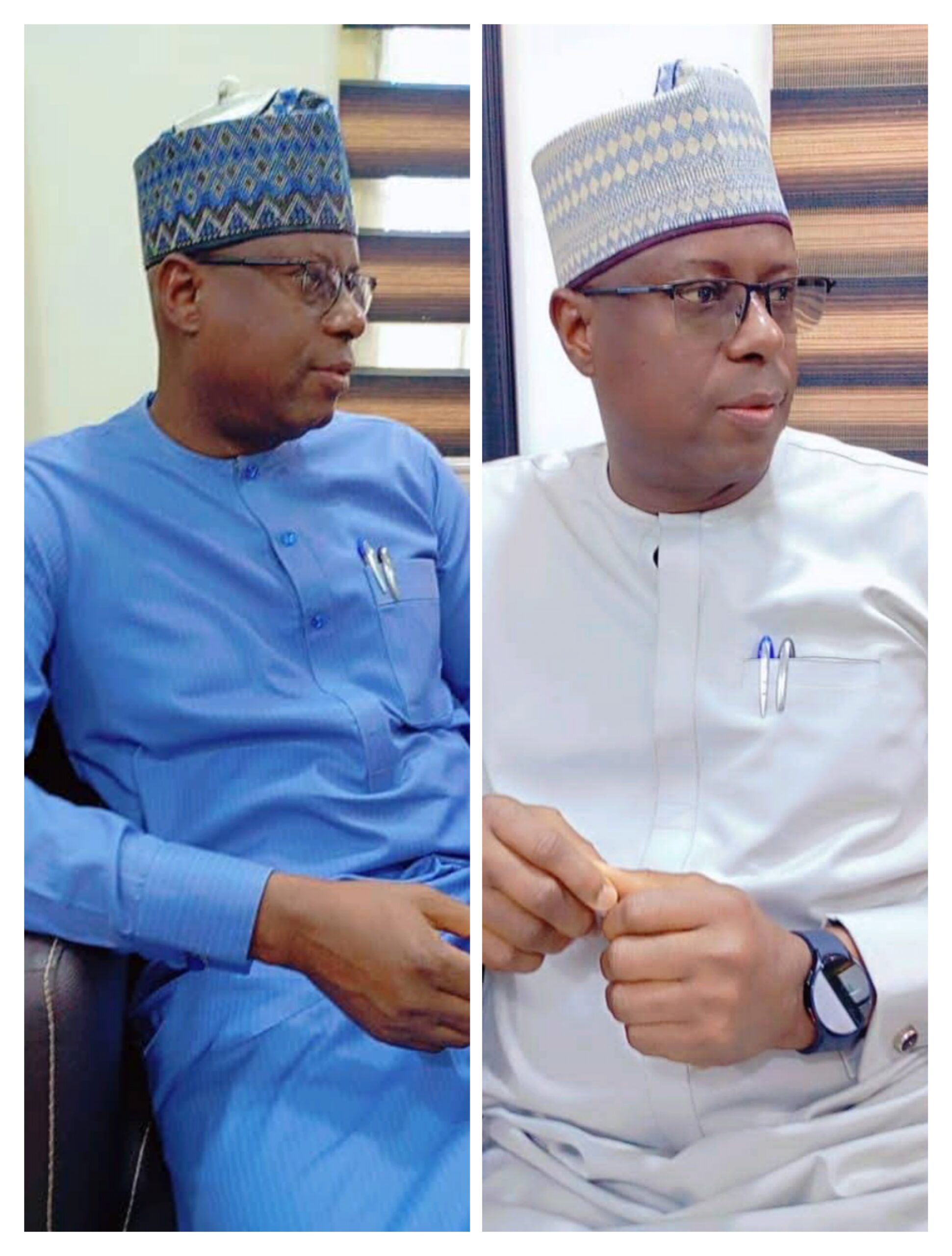




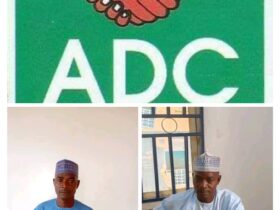
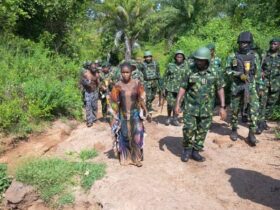
Leave a Reply